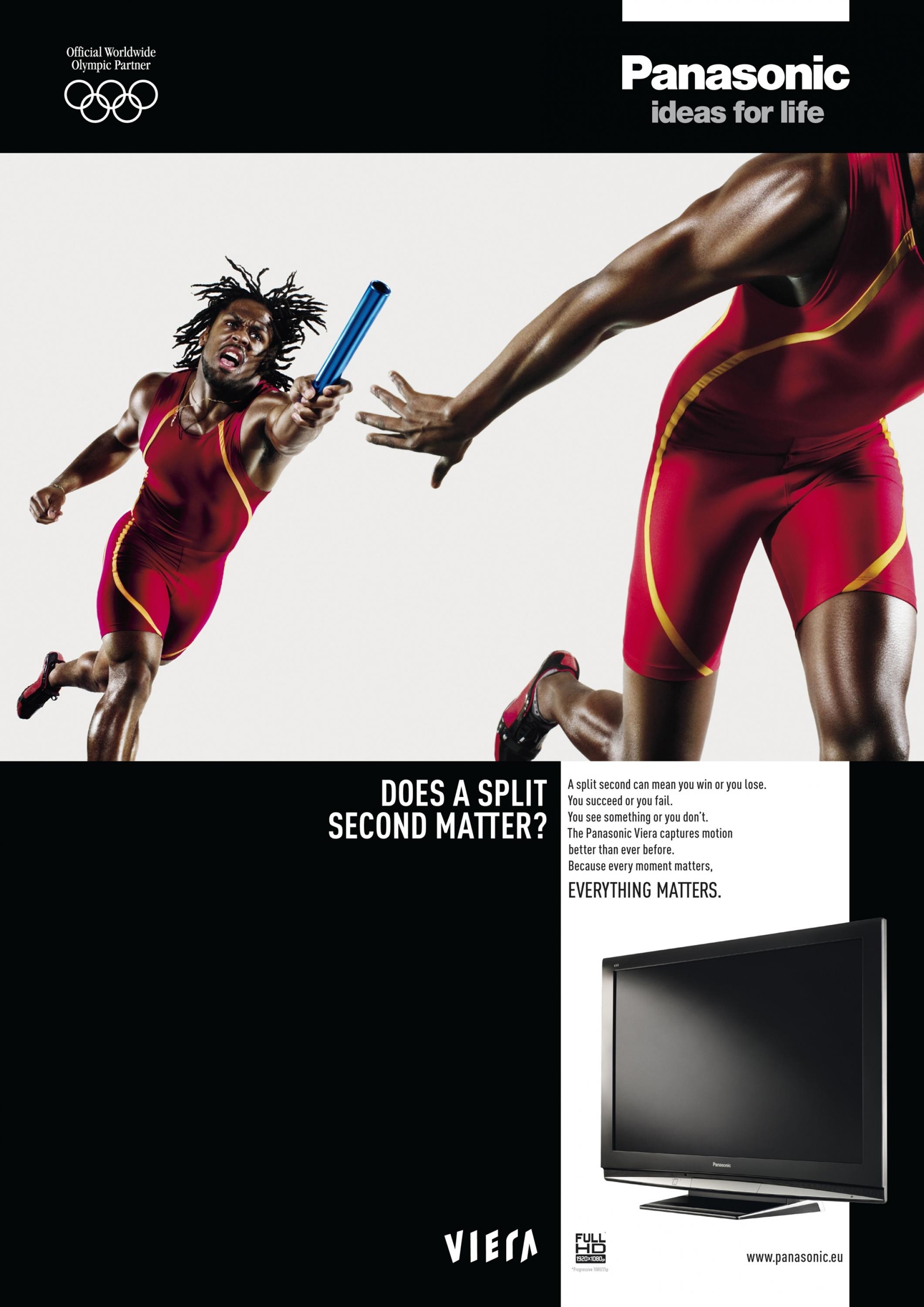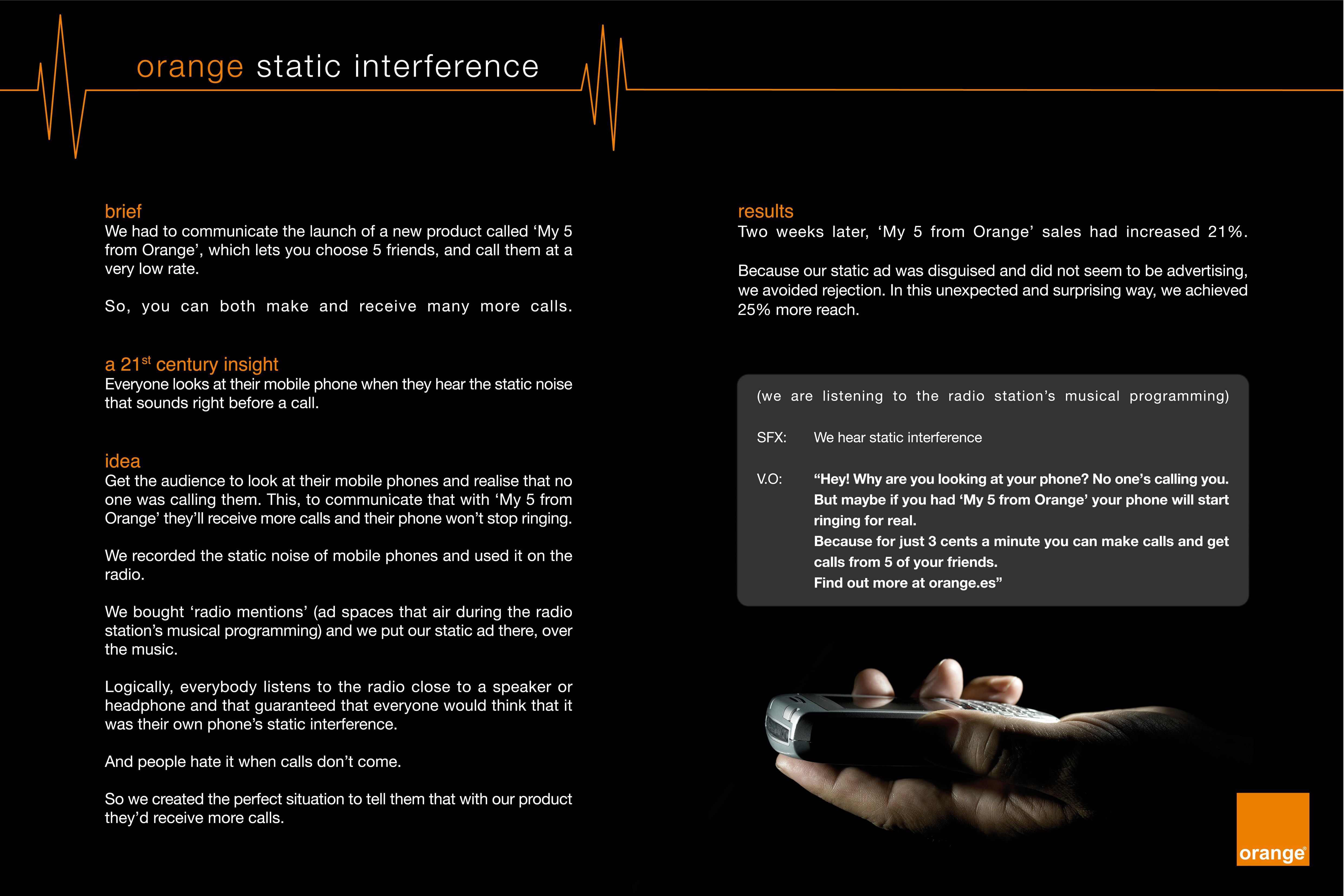Cannes Lions
RESTARTING THE DISHWASHER IN JAPAN
BLUECURRENT JAPAN, Tokyo / PANASONIC / 2013



Overview
Entries
Credits
Overview
Description
Everything has its tipping point, and for many families in living-space-challenged Japan, research shows the mess of dishes piled in the sink and on counters is enough to make stress in the home boil over.
This is the insight that drove Panasonic’s creative campaign to take sales of automatic dishwashers off of a decades-long 'pause' and begin a new cycle of interest in the category leading into introduction of the brand’s innovative micro-dishwasher.
Since its introduction in 1960, the automatic dishwasher has never quite caught on in Japan, stalling at 25% household penetration. Kitchens are cramped. Most consider dishwashers a luxury.
As the far-and-away leader in dishwasher sales, Panasonic saw an opportunity to restart the dishwasher in Japan, beginning with a PR-driven campaign to make today’s couples see how relevant and important it is to family enjoyment. This set the stage for the hard launch of Panasonic’s micro-dishwasher.
The campaign aimed to end the long-running stagnation in category sales and shift perceptions of the dishwasher from an unnecessary luxury to an essential part of happy home life, especially as the number of busy, two-income couples rises.
The campaign used droll humor to educate and entertain. Using relationship and food experts, scientific research and highly visual made-for-media food safety experiments, Panasonic engaged couples in a national conversation about relationships and dirty dishes with the dishwasher at the center of the dialog.
Through this program, dishwasher penetration has moved from 25% to 31% 2013. Year-over-year sales increased 115%.
Execution
Academic marriage researcher (“Relationship of Husband and Wife”) Akiko Nagai was a centerpiece of the campaign, advising couples on harmonious divisions of labour.
Original research on household work and tensions shaped Panasonic’s story, focusing on washing dishes as Japan’s most hated household chore. Results were announced at a media/blogger event in Tokyo showcasing Panasonic’s new basket dishwasher.
Made for visual media, research experiments were conducted on bacteria remaining after hand-washing dishes. Panasonic used research from Japan’s Hygiene & Microbiology Research Center showing that in 10 hours live bacteria on unwashed dishes grew 70,000 times before, proving the near-impossibility of getting dishes clean by hand. In contrast, the dishwasher effectively eliminated the bacteria. Close-up photos ignited media attention.
Media-friendly demonstrations highlighted the taste and aesthetic differences between dishes washed by machine. Beer journalist Hiroaki Fujiwara compared beer glasses cleaned via dishwasher, for example, that produced noticeably better beer foam and taste.
Outcome
• In the past year, through the integrated campaign, sales of dishwashers in Japan rose 115 percent, and household penetration of dishwashers has burst from the stubborn 25 percent to 31 percent in 2013.
• Panasonic achieved 80 branded earned media placements around the three value story pillars, the equivalent of $16 million in advertising. These stories successfully changed perceptions, seeded a new value proposition and created interest for the dishwasher category.
• Coverage was highly favorable, highlighting the dishwasher as a good tool for home harmony.
• Achieved 11,200 tweets in two days after the announcement event.
• 97% of bloggers that attended the event wrote positive comments and their experience in their blogs and Facebook.
Similar Campaigns
12 items







